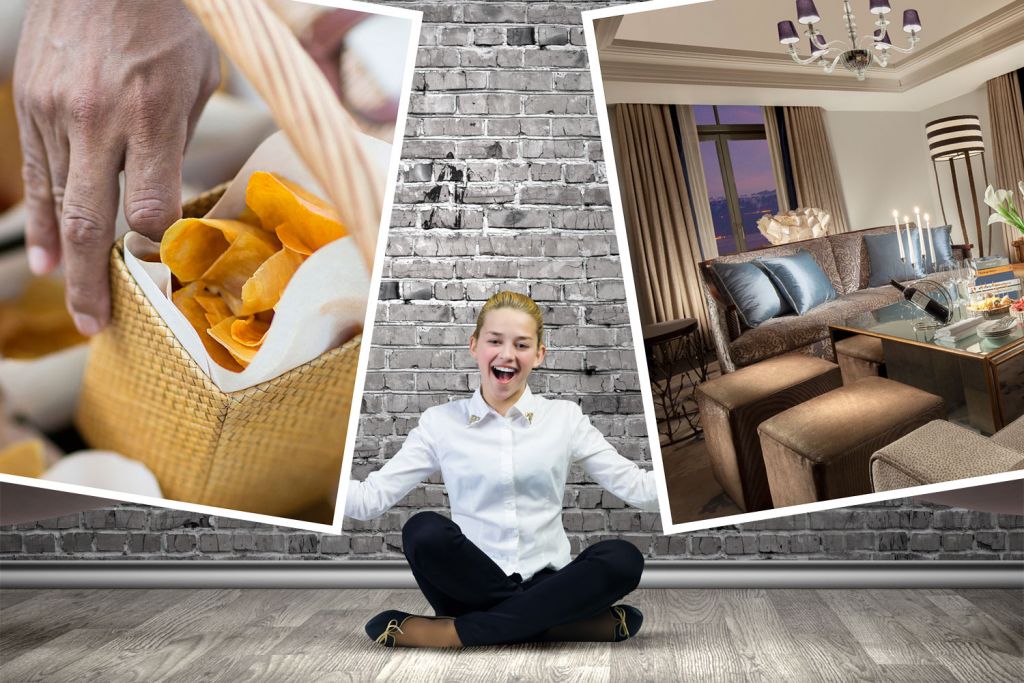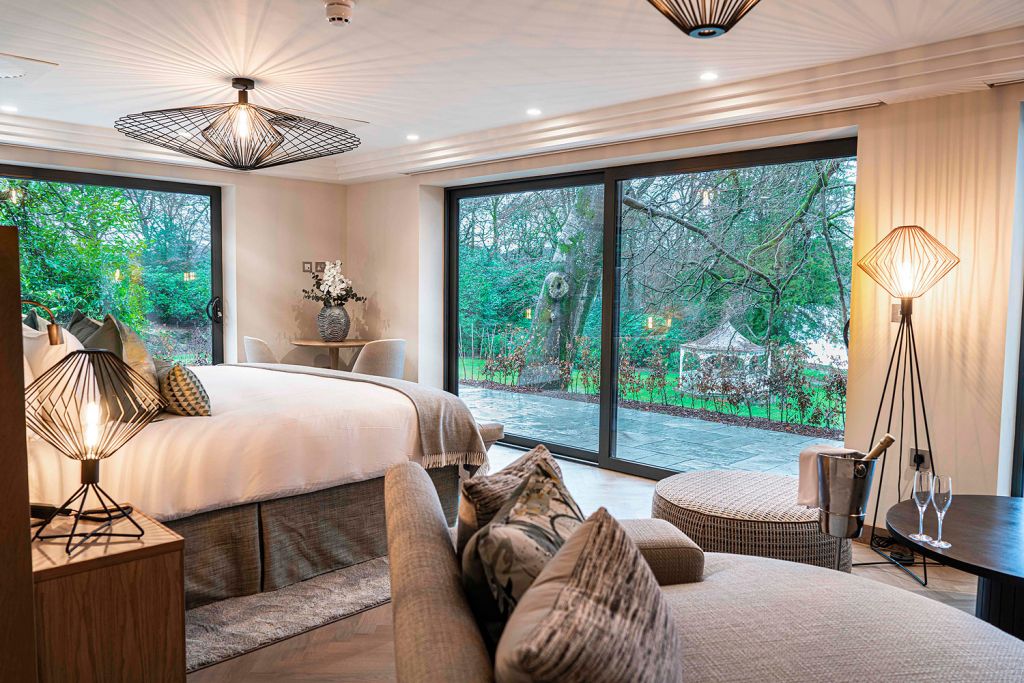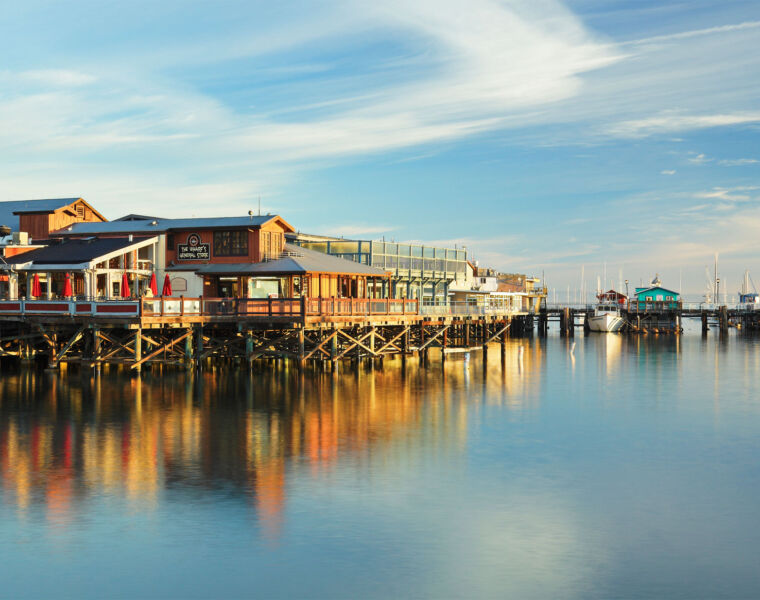
Paul Godbold looks at the potential problems the UK hotel sector could encounter in the near-term. He discusses how guests’ needs and expectations will change, some of the obstacles hotels could find themselves facing and who can capitalise on the ever-changing scenario.
The UK hotel sector is experiencing considerable headwinds in 2020. With millions of people in this country self-isolating and business put on hold, thousands of hotels are standing empty and to be honest; they are an innocent party in all of this.
The UK government has told people to remain at home, as have other countries, and even with the generous financial assistance offered this might not be enough for many in the hotel sector. The problem is not so much now. It’s when the restrictions are eased. This is when the true impact from the pandemic will be seen.
On Sunday 10th May, Prime Minister Boris Johnson outlined the first tentative steps in easing the UK’s lockdown restrictions. During his address, he stated parts of the hospitality industry could reopen on 1st July. This is barely six weeks away, so businesses need to start planning now.
How hospitality businesses such as hotels will need to adapt is still a little ‘up in the air’. Will hotels still have keys to doors, or will keyless entry be a necessity? Will hotels with a focus on traditional aspects such a bell on the reception desk and signing in book with a chained pen disappear? And will we see a stream of cleaning staff wiping down handles and doors and everything that could be touched in communal areas continuously during the day? Technology is readily available to replace all of the above. However, it comes with a cost.

The big problem for the hotel sector is people across the UK and in other countries are spooked. They’ve been told they need to distance themselves from others, not to handle certain items, wipe everything down. Without a vaccine readily available, some will be less than enthusiastic about sharing a property with people they don’t know—particularly if those people are self-isolating from another country.
Which types of business will be less impacted?
Given the headwinds, the hotel sector needs to doff its collective thinking caps and start planning. In the UK, the hotel sector employs 100’000s people and generates billions of pounds in tax revenues. It is a huge and vital part of the economy.
Not every hotel business will feel the same pain when the floodgates are opened. Value-based city properties will likely see far less of an impact as guests coming for business will just be looking for a place to lay their heads.
My concern lies with the high-end single building luxury hotels set in the idyllic countryside and the charming bespoke hotels found across our towns and villages.

It needn’t all be Doom and Gloom.
As with any gloomy scenario, there is often some light. Hotels who’ve invested in buildings such as cabins or even Yurts (Gers) should see a surge in demand. An excellent example of this is the Lake District’s Storrs Hall (above) who’ve invested in luxury cabins in its grounds.
Furthermore, farmers who’ve been crying out for ways to generate more income might find themselves venturing into the hospitality industry by installing non-standard accommodation on their land. An example of this is Roddy Hamilton’s The Private Hill on Thrussendale Farm in Yorkshire (below).

The Convincing…
People both here and abroad will need convincing it’s safe to come back. The onus will be squarely on the hotel sector to show prospective paying patrons that their properties are both safe, rewarding and welcoming.
There is a phrase which has been bandied around a great deal recently. It’s the ‘New Norm‘. Essentially it means that things will be different in the near term and it’s something people will need to get accustomed to. Unless a vaccine is created, and soon, the ‘new norm’ will simply be known as the ‘norm’ and businesses will need to be prepared.
Let’s take a look at some of the areas that will likely require a major rethink by hotel management:
Face Masks – the Positives and Negatives
Face masks are likely to become an everyday essential for people around the world. They will be a vital part of everyone’s wardrobe protecting the wearer and the people they interact with.
But, from birth, humans have been conditioned to draw comfort and happiness from a person’s smile. Almost all face masks being manufactured today are not see-through. Therefore, we’re all going to start getting used to (in the near-term) communicating with people showing only 1/3rd of their faces. There will be no warm smiles at reception unless the receptionist has been declared to have anti-bodies and decides not to wear one. This raises a bit of a dilemma, will this mean those without anti-bodies will be discriminated against?
Another area of paying customers who will need convincing is those who are hard of hearing. How are they going to cope if the person in front of them is wearing a mask? Will masks alienate the estimated 11 million people who are deaf or hard of hearing in the UK? This is far more of an issue than people imagine, you can’t just hire someone skilled in sign-language as many people who are hard of hearing read lips.
After some research, I did find a potential solution to encourage guests who are hard of hearing – see-through face masks!
Will we saying Goodbye to Buffets?
A buffet is something many people staying at hotels look forward to. It’s a chance to construct a plate exactly to your liking. With supermarkets instructing customers not to touch food due to the spread of the virus, it will probably be a similar situation for hotels.
Recent polls have shown more than half of the people in the UK can’t envisage life returning to normal after the restrictions are lifted with many stating they will continue to observe the government’s current advice. With these people, the thought of food being left out and people breathing and touching it will probably result in many hotels opting to remove the buffet option and only offering menu options or in-room dining for the safety of their guests.

What about the Luxury Spas Facilities?
Many luxury hotels have invested large sums of money into building luxurious spas. But amenities such as steam rooms, saunas, pools and hot tubs are likely to face the cold shoulder unless they can be booked for individual use. Until a vaccine is found, there seems to be almost no point in having them, and don’t get me started on the logistics behind this. Timing systems will need to be set up as people won’t generally have a timepiece on them. And, getting a sweaty person out of somewhere they want to be when they’ve paid £500 for the night will be no easy task.
Another area of concern is beauty treatments. It’s impossible to work on customers faces when they are wearing a face mask!

Social distancing and its ramifications
How many of you have stayed at a hotel with a long 5 feet wide corridor with doors to rooms either side? I would guess it’s most people reading this. If it’s still in place, two-metre social distancing when people are walking up and down these corridors will be nigh-impossible. Will this result in a reduction in the number of guests a hotel will opt to host? If this is the case, prices will increase.
If the pandemic continues for longer than expected, the outlook for some parts of the hotel sector is far from rosy. There is a pent-up desire for people to get away and book into a hotel as historically a break away from one’s home has always been considered a personal treat or reward.
There are numerous other areas I could’ve highlighted. Large parts of the UK hotel sector will be at much less risk with many likely to continue prospering. It is how the non-city-based parts of the hotel sector address the concerns of potential guests which will be the key to the industry flourishing as a whole.
As with any piece of this type, there is a great deal of speculation and more questions than answers. It could be that a vaccine is found and everything goes back to the way things were pre-COVID-19. But, if this isn’t the case, some extra investment from the UK hotel sector seems likely and there will probably be fewer patrons. It’s hard to see prices not increasing to offset this. The catch-22 is higher prices means even fewer guests and can the UK hotel sector continue to survive in its present form? Only time will tell…
Read more articles on the UK Hotel Sector in our dedicated travel section here.
![]()




You must be logged in to post a comment.